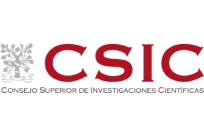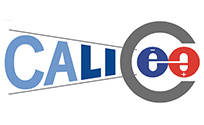
Detector R&D
Detectors for the present and the future of particle physics.

The AITANA group is very active in the fields of accelerator technologies and detector instrumentation. For this latter field, we specialise in R&D of silicon based detectors and in particular we are concentrated on the proposals of detectors for the future lepton colliders.
These projects will feature detectors that will be optimized to use the Particle Flow (PF) techniques. These techniques require maximizing the information provided in each collision in order to fully reconstruct and separate all particles generated. This implies the construction of detectors with high granularity and featuring minimum dead material.
In the AITANA group we work in the design, construction and test of novel proposals for the forward tracking systems and electromagnetic highly granular calorimeters for future lepton colliders .
Moreover, the highly granular calorimeter concepts investigated by the AITANA groups are being considered and adapted for other applications and experiments seeking direct or indirect discovery of new particles (Lohengrin, LUXE-NPOD) or the scrutiny of the uncharted territory of the strong-field QED regime (LUXE experiment).

















